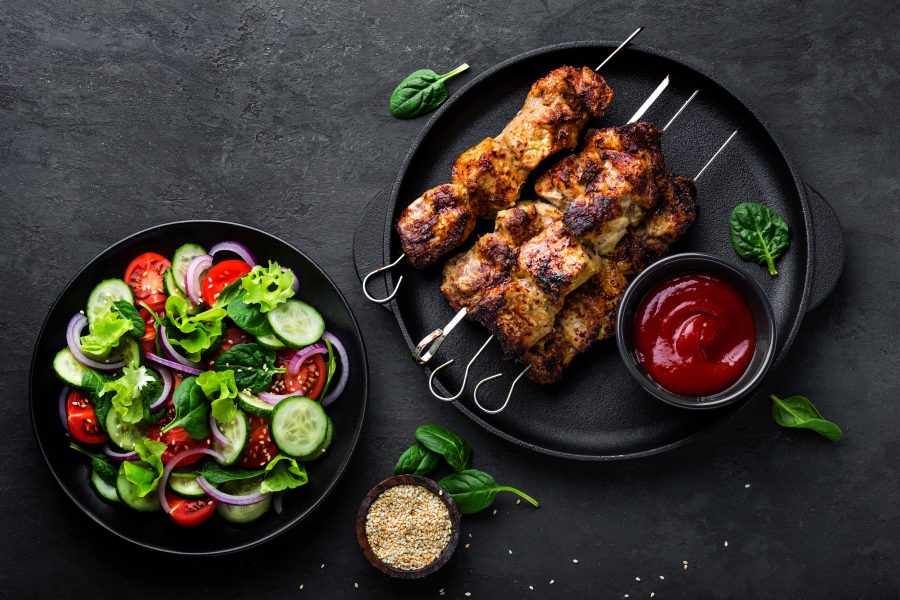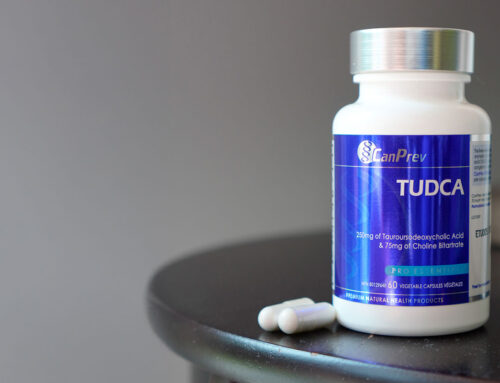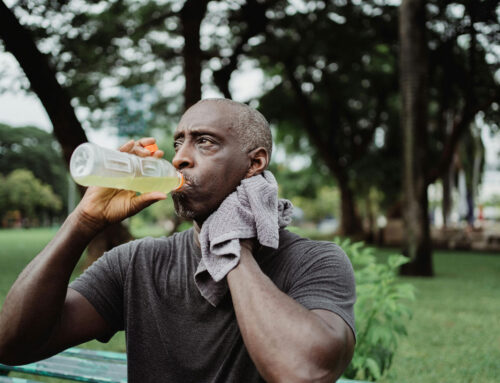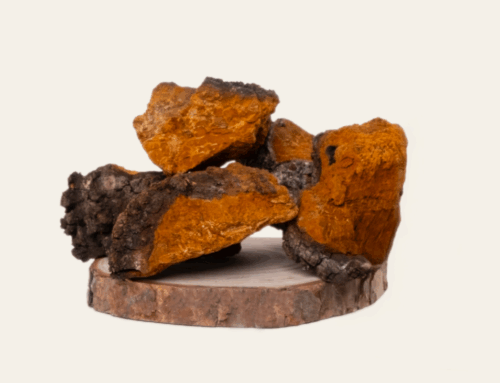Don’t Summer and BBQs just go hand-in-hand together?
Grilling just seems to make food taste better, no matter what you cook on the BBQ…meat, poultry, vegetables, even fruit! These foods all taste amazing when prepared on a smokey grill.
However, consuming grilled food too often in the form of muscle meat (beef, pork, poultry, and fish) can come with some risks.
When muscle meat is cooked at high temperatures, chemicals known as heterocyclic amines (HCAs) and polycyclic aromatic hydrocarbons (PAHs) are formed.
These known carcinogens can cause changes in your DNA and, in turn, increase your risk of developing cancer if consumed in high doses, according to some studies.
Because barbecuing is usually hotter than other cooking methods, grilled food typically contains higher levels of these chemicals than food prepared using other techniques such as baking or broiling.
We’re going to offer up some best practices for your summer BBQ, as well as how to enjoy healthier grilled meat. But first…
Let’s learn more about HCAs and PAHs…
HETEROCYCLIC AMINES (HCAs)
HCAs are formed as a result of a chemical reaction that occurs during the cooking process – this is the creatine, amino acids, and sugars in muscle meat react to high temperatures.
Therefore, grilled meat is more likely to have higher levels of HCAs than meat prepared other ways, and even more so when meat is overcooked or charbroiled.
The following factors influence the formation of HCAs:
- Temperature (the most important – especially muscle meat cooked above 300°)
- The type of meat (carcinogens are typically formed in muscle meat)
- How long the muscle meat is cooked (the longer the food is cooked, the more HCAs are formed)
- How the muscle meat is cooked (grilling vs. roasting, stewing, and steaming)
POLYCYCLIC AROMATIC HYDROCARBONS (PAHs)
Exposing muscle meat directly to smoke is what contributes to the formation of PAHs.
PAH’s are also produced when meat is charred or blackened, or when fat from muscle meat drips onto the hot coals and the surface of the grill, which in turn forms PAHs in the smoke.
This smoke then infiltrates the food with PAHs as it rises. PAHs can also be found in other smoked foods, such as smoked meat & fish.
The following factors influence the formation of PAHs:
-
- Temperature (the most important – especially muscle meat cooked above 200°)
- How long the muscle meat is cooked (the longer the food is cooked, the more PAHs are formed)
- How the muscle meat is cooked (grilling vs. baking or roasting)
- The type of fuel used when cooking the food
- The distance between the food and the heat source
How to BBQ better and enjoy healthier grilled meat!
The case for meat as a cancer risk has been gaining momentum for years. A number of studies now show that people who report eating diets heavy in red (and processed meats) have higher risks of certain types of cancer, as well as heart disease and other chronic illnesses.
These findings certainly don’t bode well when you want to add barbecuing your meat on top of that!
However, it’s not all doom and gloom, and you still can enjoy the occasional meal that includes grilled meat.
There are plenty of ways you can reduce the levels of HCAs & PAHs in your food:
1. Flavor your food with herbs and spices – some herbs and spices can actually help prevent HCAs from forming due to the antioxidants they contain.
Recommended herbs and spices include:
– rosemary
– basil
– thyme
– sage
– oregano
– onion powder
– turmeric
Did you know that turmeric, an ancient spice that has hepatoprotective and anti-inflammatory properties contains beneficial polyphenols and offers powerful antioxidant support?
This is due to its high curcumin content and it works in both fat and water soluble tissues to protect the liver.
2. Cut off and discard charred pieces of meat before serving, as those pieces will contain higher levels of carcinogens. In addition, do not use meat drippings as gravy for your food, as there could be carcinogens in the meat drippings.
3. Certain types of marinades can reduce the levels of HCA and PAH – marinade serves as a barrier between meat and carcinogens.
Acid-based marinades that contain vinegar, lemon juice, lime juice, red wine, and yogurt can reduce the formation of HCA, while beer marinades (particularly marinades made with dark beer) can reduce the formation of PAHs.
You can also brush your food with a small amount of olive oil – just keep in mind, while this can help reduce HCA levels, the fat from the oil dripping on the grill can still increase PAH levels.
4. Use leaner cuts of meat for grilling – the less amount of fat that drips onto the grill, the less amount of PAH that will form.
Avoid grilling meat that is highly processed, such as sausage and ham, since they contain added nitrates and higher amounts of fat.
5. To shorten the cooking time of meat, cut meat into smaller pieces and cook it on medium to medium-high heat (do not cook on high heat).
Kabobs are a great way to utilize smaller pieces of meat and be sure to include some vegetable.
BONUS: vegetables do not create carcinogens, as they do not contain creatine and they lack fat, meaning there won’t be any flare-ups on the grill that result in smoke being created.
6. Clean your grill after each use with a quality brush (one where bristles won’t break off). This will help get rid of any residues from carcinogens that may have built up, and prevent them from being transferred to your food the next time you use your grill.
Research investigating the relationship between grilled food (especially red and processed meat) and cancer risk is ongoing.
[1, 2, 3, 4]
However, by using safer grilling techniques, you will reduce the number of carcinogens that infiltrate your food, making your grilled meat more safe to consume and effectively reducing your cancer risk.








Leave A Comment